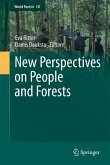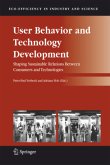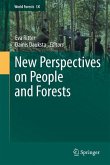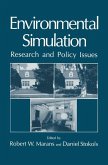The design of a building can facilitate the process of use and promote the well-being of users if it meets their needs. Knowledge of user needs and processes of use is important for a good design. However, it is not self-evident what these user needs really are, how user needs and processes of use can be researched, and how that knowledge can be used in a design. This book introduces an integrated methodology for the analysis of user needs, programming and evaluation that answers these questions. The purpose is to improve the interaction between the users and their environment and to avoid failure costs by facilitating proper design decisions. The theoretical perspective and the conceptual framework originate from environmental psychology, more specifically P-E fit theory. The target group consists of those who are interested in creating environments for people (designers, users, real estate managers; students and scientific staff). Designers are a special audience for whom the bookcan be a guide to working for and with users. The theoretical perspective and the conceptual framework can also be relevant for scientific research into the interaction between users and buildings.
Bitte wählen Sie Ihr Anliegen aus.
Rechnungen
Retourenschein anfordern
Bestellstatus
Storno









